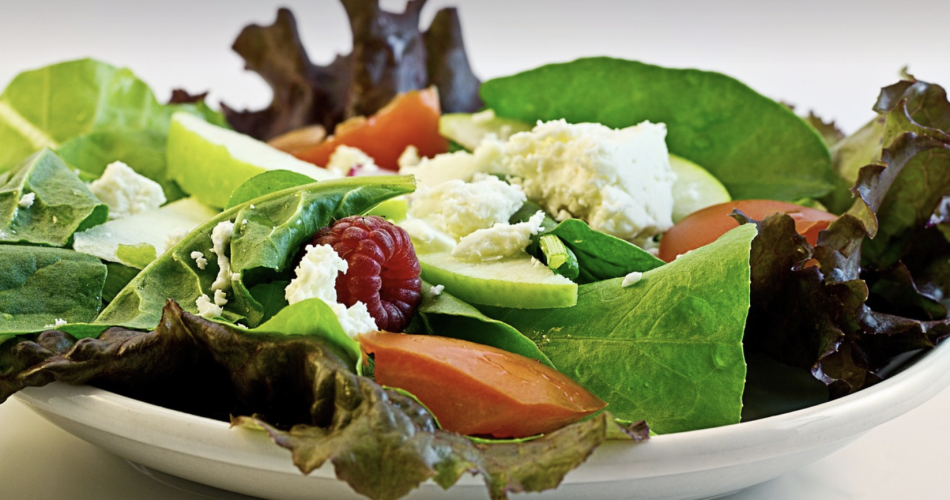If you’ve ever listened to Sadhguru talk about food, you’ll notice a recurring theme: freshness. The Indian yogi insists that food should be consumed within 90 minutes of preparation. Anything older, he claims, becomes “dead” and loses its pranic (life) energy. But is there a scientific counterpart to this ancient yogic wisdom?
Turns out, there is — and it’s called ORP, or Oxidation-Reduction Potential (Redox).
What Is ORP, and Why Should You Care?
ORP measures a substance’s ability to either release or absorb electrons. In plain terms: a lower (more negative) ORP means a food or liquid is more antioxidative and potentially health-promoting. A high (positive) ORP, on the other hand, reflects oxidative stress — something we typically want less of.
In lab tests comparing freshly made vs. stored foods, the difference is shocking:
- Fresh vegetable juice: ORP ~ -30 mV
- The same juice after 6 hours: ORP ~ +180 mV
- Fresh soup: ~ +50 mV
- Same soup refrigerated overnight: ~ +200 mV
That shift represents a move from a mildly restorative to a clearly oxidative profile. It’s not just about taste or texture — the food’s actual bioelectric character changes.
Where Yogic Tradition Meets Biochemistry
In yogic tradition, food is said to carry prana — life force. It’s not just fuel; it’s energy. The concept mirrors what modern redox science describes: electrons and antioxidant potential. Sadhguru’s guidance to avoid leftovers isn’t just spiritual dogma. It aligns remarkably well with what we can measure in a lab.
Even drinks follow this rule:
- Fresh green tea: ORP ~ -100 mV
- Same tea after 6 hours: ORP ~ +120 mV
Kefir, another “living” food, starts with deeply negative ORP (~ -150 mV) and slowly oxidizes over days.
What This Means For You
If you’re chasing vitality, anti-aging, or metabolic balance, it may be time to think beyond calories, macros, and even vitamins. Freshness — and the redox state of your food — might be the missing link.
So next time you’re about to microwave yesterday’s dinner, ask yourself: is this food still alive?
Because sometimes, the yogis knew what the scientists only later confirmed.
Disclaimer
The information provided in this article is for general informational purposes only. The content presented on this website should be considered solely as opinions and personal experiences. Read more
